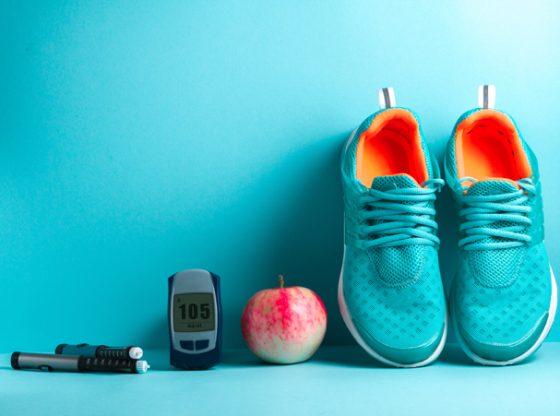In group medical visits for diabetes, adding intensive weight management with low-carbohydrate diets was as effective in improving blood sugar levels as conventional medication management, according to study results published in JAMA Internal Medicine.
“In addition, the weight management strategy was more effective for reducing weight, diabetes medications and hypoglycemia,” William S. Yancy Jr., MD, MHS, FTOS, director of the Duke University Diet and Fitness Center, told Healio Primary Care.
Researchers conducted a two-arm randomized controlled trial at two sites in North Carolina to compare outcomes in patients who participated in a group medical visit program that focused on medication intensification with those in a program that focused on weight management using a low-carb diet.
After enrollment, patients were randomly assigned to participate in one of the two programs for 48 months. Those assigned to group medical visits alone participated in nurse-led discussions on diabetes self-management and met with physicians afterwards to review data on blood glucose and hypoglycemic episodes, have any health concerns addressed and have their glycemic control medications optimized.

The group medical visits with weight management arm included low-carbohydrate diets, physical activity and weight management counseling in addition to diabetes counseling and medication management.
A total of 263 patients with a mean age of 60.7 years were eligible and consented to participate in the study. Among participants at baseline, mean HbA1C level was 9.1% and mean BMI was 35.3.
At the end of the study period, both groups had improved HbA1C, with levels at 8.2% in the weight management arm and 8.3% in the group assigned to medical visits alone (mean difference = 0.1%; 95% CI, 0.5 to 0.2; upper 95% CI, < 0.5% threshold)
Patients in the weight management group used less diabetes medication (mean difference in medication effects core = 0.5; 95% CI,0.6 to 0.3) and lost more weight (mean difference = 3.7 kg; 95% CI, 5.5 to 1.9) than those who were assigned to group medical visits alone, at the end of the study period.
Those in the weight management arm experienced half the hypoglycemic events of those who were assigned to group medical visits alone (incidence rate ratio = 0.49; 95% CI, 0.27-0.71).
Yancy, who is also an associate professor in the department of medicine at Duke University that, told Healio Primary Care that PCPs should consider developing group medical visits for diabetes in their practices because “studies show that they can benefit patients in many ways compared with typical one-on-one visits, likely because of sharing of ideas and support among the participating patients. Studies also show that clinicians derive greater satisfaction from this group format of patient interaction.”
[“source=healio”]
